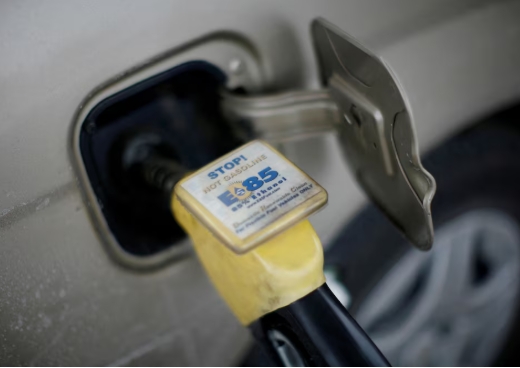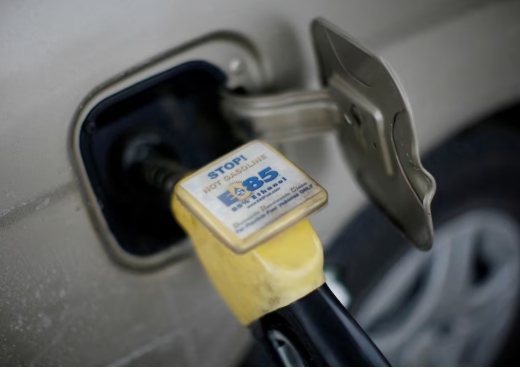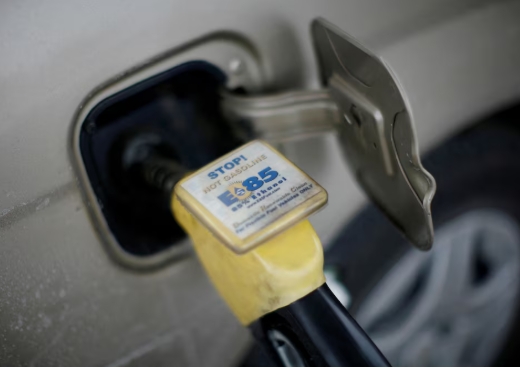


Ethanol fuel is shown being pumped into a vehicle at a gas station selling alternative fuels in the town of Nevada, Iowa, December 6, 2007.
The proposed approach includes approving many of the 19 exemption applications submitted for 2024 while seeking industry feedback on older requests, some dating back to 2016. This strategy aims to reduce disruption to the multi-billion-dollar RINs market compared to resolving all requests simultaneously. Larger refiners may be required to compensate for exempted biofuel volumes through a reallocation process, though details remain under consideration. No final decision has been made, and plans may evolve as industries engage further with the administration.
EPA spokesperson Molly Vaseliou commented: “There have been multiple reports about how the administration plans to tackle the exemptions, with different conclusions.” She described such reports as “rumors” from parties attempting to influence the biofuel credit market, without confirming or denying specific details. Following reports of the White House’s considerations, renewable fuel (D6) credits dropped to 90 cents each from 94 cents, according to traders.
The decision-making process involves the U.S. Department of Energy, the EPA, and the White House’s Energy Dominance Council, with White House aide Stephen Miller playing a key role, highlighting the issue’s priority. Approving exemptions could impact the oil and agricultural sectors, affecting prices for commodities like gasoline, renewable diesel, soybeans, and corn, as well as related businesses. Historically, widespread exemptions have reduced RINs prices, impacting ethanol and soybean markets.
The backlog accumulated under the previous administration, which delayed decisions on exemptions. The RFS allows refiners two years to submit credits for compliance, complicating efforts to address older credits from 2016 to 2022, many of which are now considered obsolete. The White House aims to balance the needs of small refineries with the stability of the biofuel market, ensuring minimal impact on domestic fuel consumption and agricultural stakeholders.